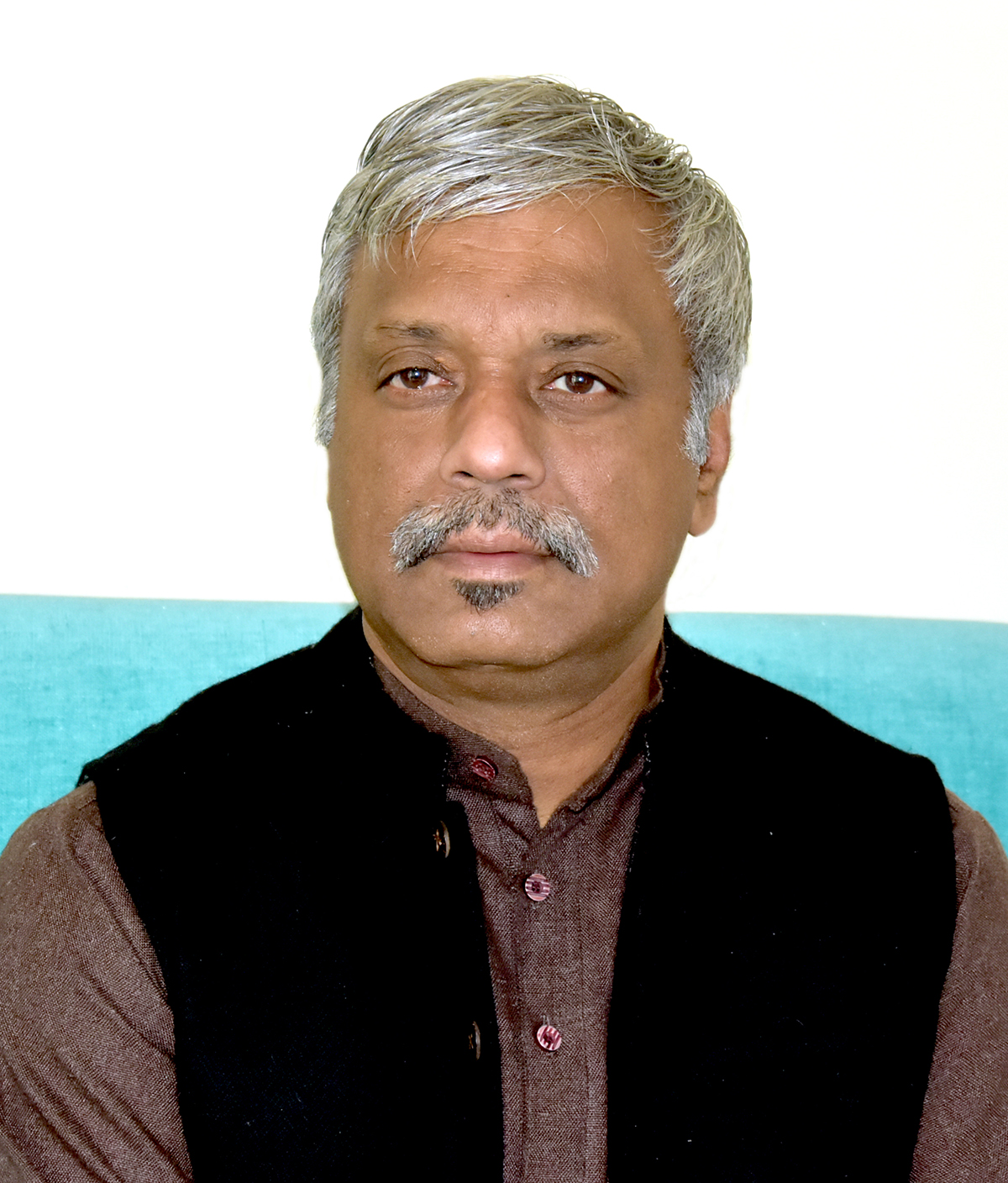United Nations: Multilateralism and International Security
Publishers: IDSA and Shipra
ISBN: 81-7541-224-0
Rs 1250
US $ 80
About the Book
The Iraq war in 2003 raised fundamental questions on the practice of ‘might is right’ and the principle of cooperation and multilateralism in addressing perceived global security challenges. It also placed the United Nations at a critical juncture or, “a fork in the road” as referred to by UNSG Kolf Annan.
This book is a collection of high-quality papers presented by academicians, diplomats and UN officials who had deliberated on this issue in January 2004.
About the Author
K Santhanam former Director of Institute for Defence Studies and Analyses, New Delhi.
Tasneem Meenai, Research Fellow, Institute for Defence Studies and Analyses, New Delhi.
C Uday Bhaskar, Officiating Director, Institute for Defence Studies and Analyses, New Delhi.
Uttam K Sinha, Associate Fellow, the Institute for Defence Studies and Analyses, New Delhi.
Contents
List of Acronyms
Introduction
United Nations, Multilateralism and International Security
—- K.C. Pant
United Nations and the Changing Security Agenda
—- Louise Frechette
Relevance and Efficacy of the United Nations
—- George Fernandes
Current Challenges to Multilateralismand the United Nations
A View from Brazil
—- Celso Amorim
A Sri Lankan Perspective
—- Tyronne Fernando
A Russian Perspective
—- Yuri V. Fedotov
A Japanese Perspective
—- Yasushi Akashi
A European Perspective
—- Geoffrey Van Orden
India’s Approach to Multilateralism
—- J.N. Dixit
Return to Multilateralism: The United States and the World
—- Stephen Schlesinger
Iraq War and World Order
—- Ramesh Thakur
World Strategic Order: Unipolar, Multipolar or Multilateral
—- Pascal Boniface
Conflict Resolution and Post-Conflict Management
Afghanistan at the Crossroads
—- Amin Saikal
Armed Action in Sri Lanka
—- Lakshman Kadirgamar
Conflict Resolution and Post-Conflict Management in Timor-Leste
—- Kamalesh Sharma
Conflict Resolution in Africa
—- Greg Mills
Recent Case Studies on Post-Conflict Management
—- Roger Moran
International Cooperation in Tackling Terrorism, Drugs and Organised Crime
Terrorism and Transnational Crime: An Indian Perspective
—- S.K. Datta
Terrorist Outlook for : The New Security Environment
—- Rohan Gunaratna
UN Convention against Organised Crime: Expectations and Dilemmas
—- Vincenzo Ruggiero
International Cooperation in Tackling Terrorism, Drugs and Organised Crime: The Asia-Pacific Experience
—- John McFarlane
International Cooperation in Tackling Terrorism:The Middle East
—- Ely Karmon
International Cooperation against Drug Trafficking in Central Asia
—- Niklas L.P. Swanström and Maral Madi
International Cooperation in Tackling Terrorism: A European Response
—- Hans-Georg Wieck
Security Cooperation in Central Asian Region: State-building Processes and External Influence
—- Anara Tabyshalieva and Erica Marat
United Nations and Weapons of Mass Destruction
A UN Perspective
—- Randy Rydell
An Indian Perspective
—- G. Balachandran
A Russian Perspective
—- Y. M. Kozhokin
The North Korean Nuclear Case
—- Haksoon Paik
UNMOVIC: Lessons and Legacy
—- Trevor Findlay and Ben Mines
UN Non-Proliferation Regimes: New Challenges and Responses
—- Han Hua
Prospects of Strengthening and Restructuring Multilateral Institutions and the United Nations
Strengthening and Restructuring Multilateral Institutions:A Perspective
—- B.S. Prakash
Crisis in Multilateralism: A Japanese Viewpoint
—- Kazutoshi Aikawa
Unilateralism versus Multilateralism: Challenges and Prospects
—- Ruan Zongze
Preemption or Partnership? The Future of International Security
—- Karl F. Inderfurth
Reform of the United Nations
—- V.S. Mani
Lessons of UN Global Conferences: A Restructured United Nations System for a Hegemonic -World Order
— Michael G. Schechter
Multilateralism and the Role of Small States
— Barry Desker
Strengthening the UN: Futile Attempt orvFeasible Alternative?
— Tobias Debiel
Annexure
Contributors
Index






